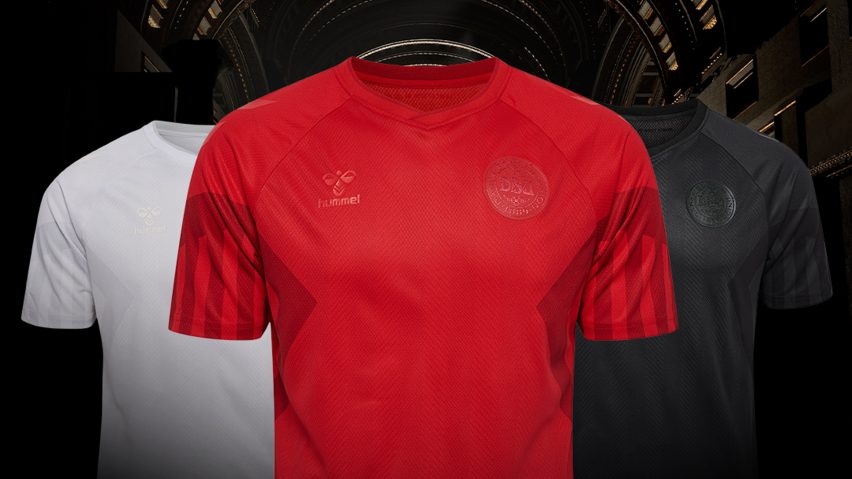Denmark, ranked No.10 in FIFA’s world rankings, has just played their first match in this year’s one-of-a-kind FIFA World Cup against Tunisia which ended in a goalless draw. Taking place in Qatar, this is the first-ever tournament held in winter. The change in tournament dates was mainly due to the fact that the temperature in the area would have reached around 40 degrees Celcius in May-July. Yet, such change has also created disruption in several domestic leagues as the league operators had to adjust the schedule.
FIFA’s justification for awarding the gulf country the hosting rights, becoming the first World Cup ever played in an Islamic country, is to take the tournament to a new part of the world. Nevertheless, there are controversies surrounding this year’s World Cup, specifically the exploitative working conditions endured by migrant workers, especially Nepali. Being played in a new part of the world, there are also different rules compared to the 21 previous World Cups and some of them are significantly noticeable.
Protest Kits and Human Rights Jersey
The controversies have led the sport’s connoisseurs to criticize this year’s World Cup. Ranging from ex-players as well as die-hard fans from across the world arguing that Qatar 2022 is a fake World Cup whereas the tournament is merely about the money instead of the love for the game to several clubs showing their disapproval against the winter tournament, including Denmark who has just seen sporting their “Protest Kits” as they played Tunisia in the first game.
In Qatar 2022, Denmark’s jerseys act as a symbol to criticize the human rights record of the host nation. The Danes have a choice of three kits of red, white, and black in which the three of them have the national badge, Hummel logo, and decorative white chevrons, Denmark shirt’s famous feature since the 1980s, toned-down in colour yet remain visible.

The Scandinavian country’s black kit option represents the colour of mourning according to Hummel as the kit manufacturer, specifically designed to honor the migrant workers who died during the tournament’s construction work.
Last year, the Danish Football Union (DBU) promised to wear kits with “critical messages” during the tournament and they have not failed on that front. Basically, there is a World Cup rule made by FIFA that prohibits the use of political statements on team uniforms in which the three jerseys appear to comply with.
Nevertheless, FIFA had rejected Denmark’s request to sport their training shirts with the words “human rights for all” on them. The DBU was disappointed with the verdict, yet would still comply with the world football’s governing body’s requests to avoid any sanctions or fines.
A number of teams are believed to do something during the tournament to show their support for the people who have suffered in succeeding this World Cup, yet Denmark is arguably the boldest and loudest one so far.

